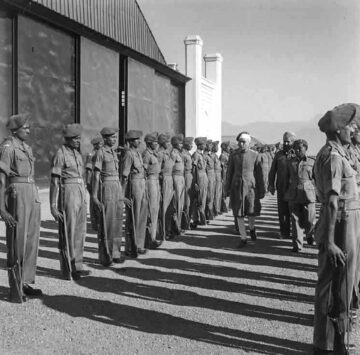Hafsa Kanjwali in Aeon:
 Even as Nehru proclaimed the moral superiority of India for taking a stance against colonialism in all forms, he oversaw India’s colonial occupation of Kashmir. In Kashmir, Nehru said, ‘democracy and morality can wait’.
Even as Nehru proclaimed the moral superiority of India for taking a stance against colonialism in all forms, he oversaw India’s colonial occupation of Kashmir. In Kashmir, Nehru said, ‘democracy and morality can wait’.
In the middle of the 20th century, a wave of anticolonial and national liberation movements gained independence from European powers, by exercising their right to self-determination. Nationalist leaders of the former colonies, however, remained committed to the ideals of the nation-state and its territorial sovereignty that derived from European modernity. Independence, it was widely accepted, came in the form of the nation-state, which outshone other forms of political organisation or possibilities. The borders of the nation-state became contested, as European powers often imposed boundaries that ill suited visions of what constituted the political community. This would have deleterious consequences for places where geography, demographics, history or political aspirations posed serious challenges to nationality. In turn, newly formed nation-states asserted their newfound sovereignty through violence and coercion, which had implications for Indigenous and stateless peoples within their borders whose parallel movements for self-determination were depicted as illegitimate to the sovereign nation-state order. Mona Bhan and Haley Duschinski call this process ‘Third World imperialism’.
More here.
Enjoying the content on 3QD? Help keep us going by donating now.
